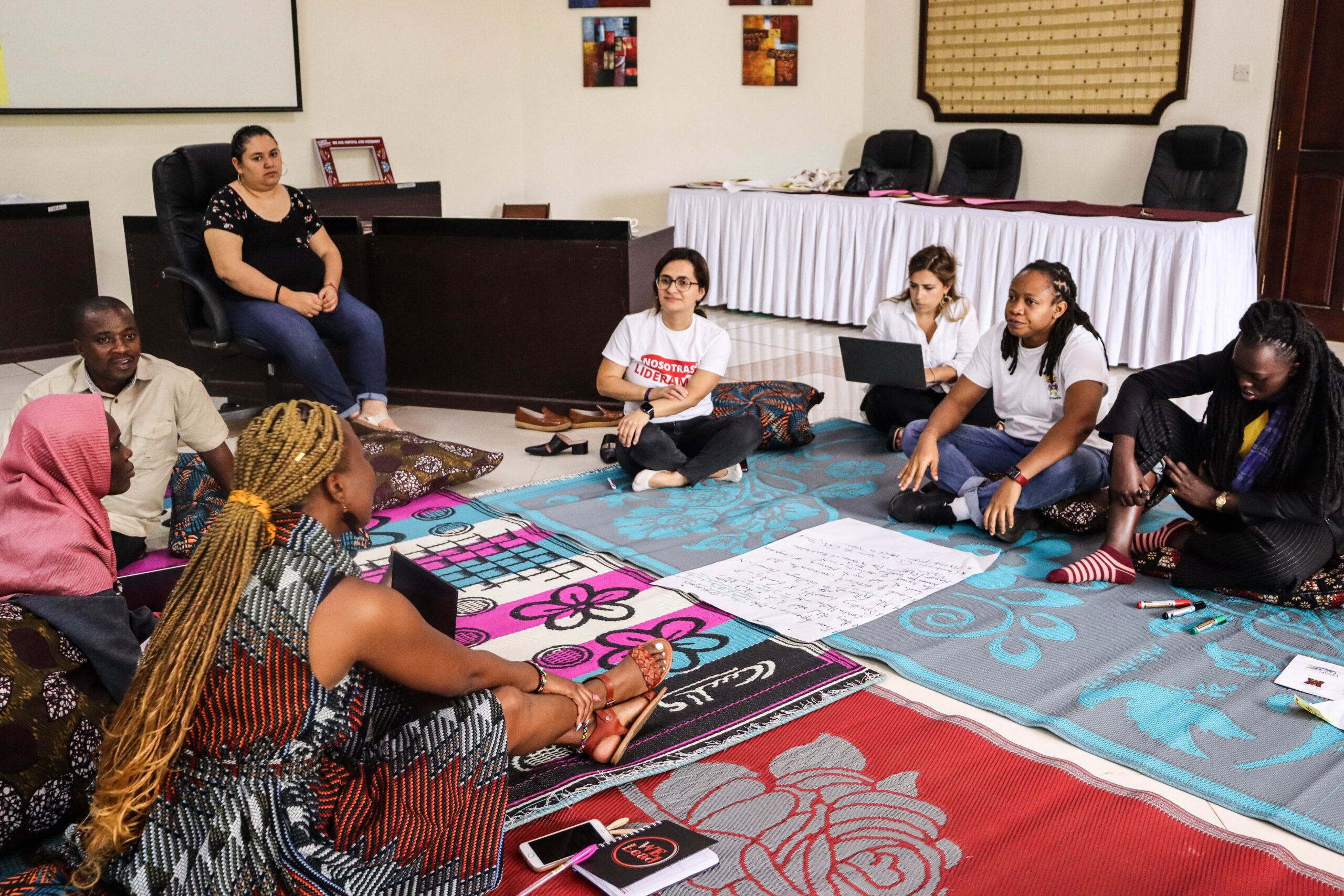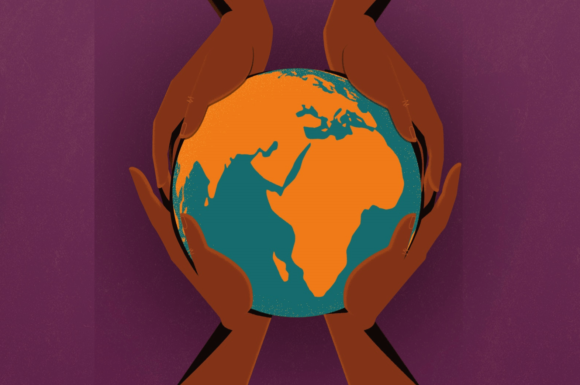We Lead is a daring programme that will improve the lives of young women across the world.
Well, that sounds quite ambitious.
Yet ambition is exactly what we need, when it comes to our goal of improving the sexual and reproductive health and rights (SRHR) of every young woman by 2030.
World leaders promised to achieve this in the Global Goals – and we will hold them to account.
We Lead consortium and the Dutch Ministry of Foreign Affairs will work in nine countries across Africa, Central America and the MENA region to promote the universal fulfilment of SRH-R; by supporting women to claim their sexual and reproductive health and rights.
Who are the rightsholders?

We Lead will work with young women disproportionally affected by discrimination and gender-based violence.
Duty-bearers ignore their rights, healthcare workers mistreat them, and adult family members decide their sexuality and access to information and services. They belong to the ones most left behind and hardest to reach: young women and adolescent girls (15-30 years) who self-identify as lesbian, bisexual, trans or intersex (LBTI), live with HIV or disabilities, or are affected by displacement.
We call these women rightsholders, because that is what they are: holders of rights. We will pay special attention to young women at the intersection of multiple stigmatised identities, drawing among others on the learnings of inspiring programs.
Achieving universal access to SRH care for all remains a distant reality for millions:
Young people outnumber adults in many countries, but it is the latter who decide young women’s fate. It’s time for Governments to step up and guarantee Sexual and Reproductive Health Rights for all.
Who are we working with?

We work with four different and overlapping rightsholder groups who are the most marginalised when it comes to SRHR
- Living with HIV
- Identifying as lesbian, bisexual, trans or intersex,
- With a disability
- Affected by displacement
Youth Leadership:
“Nothing about us, without us” is our leading principle. We Lead is convinced that real and lasting change is only possible if the young women we aim to support, can genuinely take ownership of our programme.
The program deliberately seeks to gradually shift the power into the hands of the holders of rights, and enable them to effectively lobby and advocate for their SRH-R themselves.
This is what makes our consortium and our programme unique; we bring the principles of local ownership, gender equality and inclusion, and youth leadership into practice.
Read Nour Nahhas’ Interview on our blog
Nour Nahhas is a 26-year-old Community of Action Facilitator for the We Lead Program in Lebanon. We caught up with Nour to talk about We Lead and her work in Lebanon.
ReadOur geographic reach.
The consortium will work in nine countries in Africa (Kenya, Niger, Nigeria, Uganda, and Mozambique), Central America (Guatemala and Honduras) and the Middle East (Lebanon and Jordan).
Sexual health and rights advocacy in the face of COVID19 report
In this research the We Lead team listened to rightsholders in Lebanon, Guatemala, Mozambique, Uganda and Nigeria on how CSO’s adapted to meaningfully provide SRH-R services to young women whilst during the COVID-19 pandemic.
Read the report:
Our Partners.
The We Lead consortium consists of six consortium partners and a technical partner including, Hivos, Positive Vibes, FCAM, Marsa, FEMNET and M&C Saatchi World Services.



